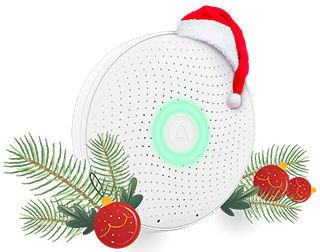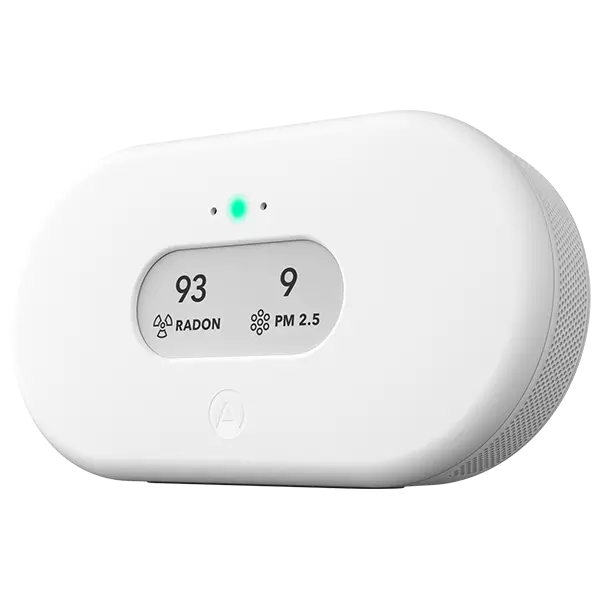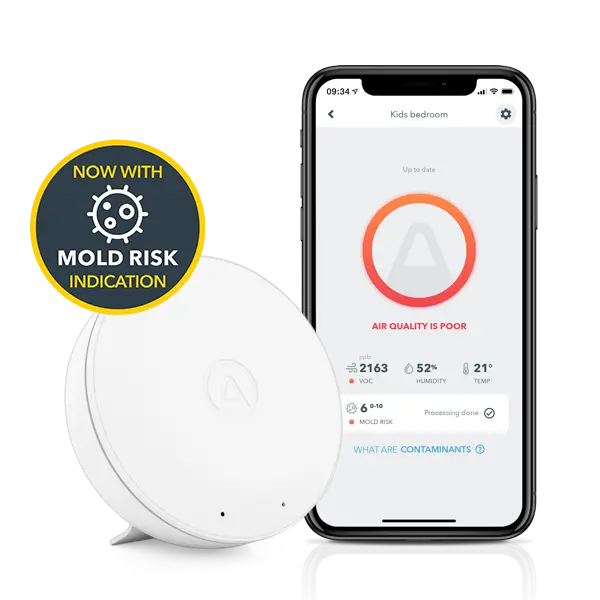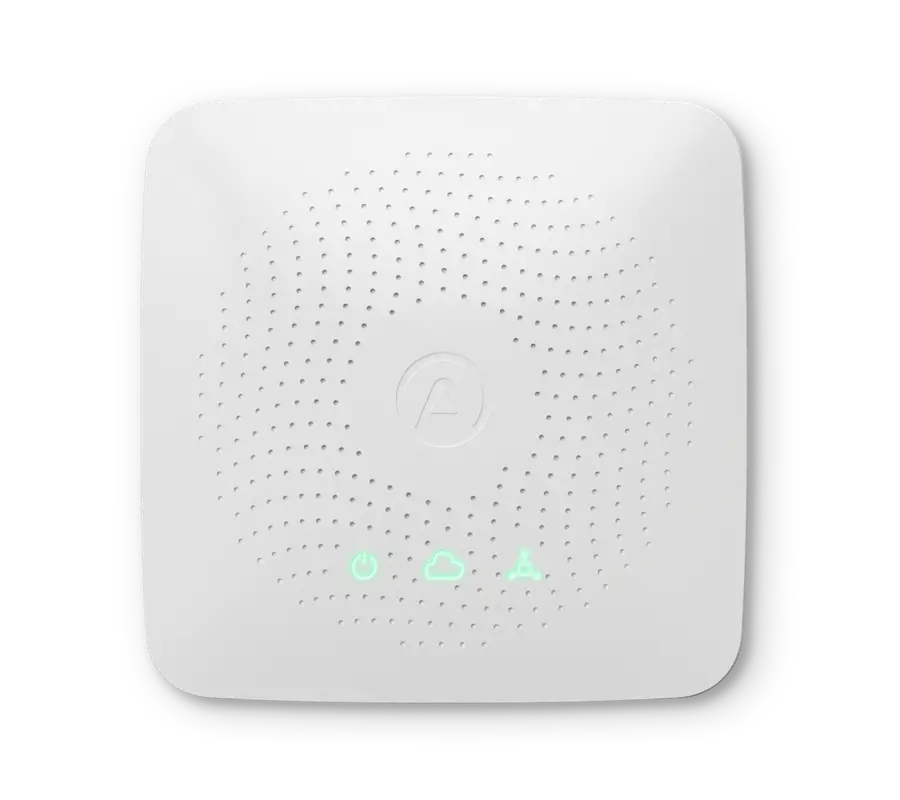Airthings is a proud sponsor of the Champions Chess Tour which brings together the best chess players in the world. They will compete in a total of ten tournaments of rapid chess. The Airthings Masters kicks off on December 26th and runs until January 3rd.
As creators of the world's first battery-powered radon detector, we at Airthings know the impact poor indoor air quality can have on health, wellbeing and cognitive abilities. We believe it is important for chess and other esport and gaming enthusiasts to breathe in fresh air indoors. Not to mention, we are thrilled to support a fellow Norwegian, Magnus Carlsen, who is currently ranked number one by the World Chess federation1. 
Chess has increased in popularity and prestige over the years, with five times the number of new online players than last year2. It’s popularity is well understood, with US grandmasters like Hikaru Nakamura, reportedly making over $280,0003 from playing online. Fascination with the sport doesn’t end there. Based on the novel by Walter Tevis in 1983, the new Netflix series ‘The Queen's Gambit’ is a smash hit. Thousands sit at home to watch the life of female chess prodigy Beth Harmon unfold.
What makes chess such a unique and engaging sport? Endless possibilities.
Perhaps why millions of people are drawn to the sport each year, is largely due to the hundreds of games that can be played. Scratch that. In fact, Claude Shannon’s famous paper estimated the number of possible chess games was 10120, that is 1 followed by 120 zeroes!4
Inevitably then, the chess grandmasters (imagine ATP tennis players, but for chess), need to spend hours indoors, perfecting their skills. This requires intense concentration and much focus.
If we continue this tennis metaphor for a moment longer, you wouldn’t expect players to train on uneven, soaked courts with broken nets. Much like how you could not expect chess players to train in poorly ventilated, highly polluted rooms.
Evidence suggests that poorly ventilated spaces can impair cognitive abilities and performance. Participants in one study had on average 61% higher cognitive scores in healthy indoor air than in poorly ventilated places with elevated carbon dioxide and airborne chemicals (VOCs)5. In fact, cognitive scores were 101% higher when they further added improved outdoor ventilation rates, compared to the conventional buildings6. Poor indoor air quality results in poor decision making. Not ideal when battling the best chess players in the world.
So what can you do?
Given that we spend 90% of our time indoors, where the air is often up to 2 to 5 times more polluted than outside, it is time to prioritize the air we breathe in everyday7. Think of the impact this could have on academic outcomes for children. One study found a much faster completion of both numerical and language-based tests among 10-12 year olds, when the air quality was improved. Similarly, businesses are now prioritising clean air for their employees, as the the cost savings and productivity gains from improved indoor environments have been estimated at $25 billion to $150 billion per year9.
Smart monitors, such as the Airthings radon and indoor air quality monitors, alert you to high levels, so you can rest assured the air you breathe is fresh and clean. It is so easy to make small changes to your home or habits where necessary, but first you need to know that you have an issue.
The Airthings Masters will be kicking off on December 26th and running until January 3rd, during which time we will be monitoring the air quality of the chess players in real time. What’s more, all the tournaments will be provided with Airthings air quality data. Follow along on airthings.com to watch the games and see how the air quality is in the rooms of your favorite players.










.webp)



%20(1).webp)

%20(1).webp)
